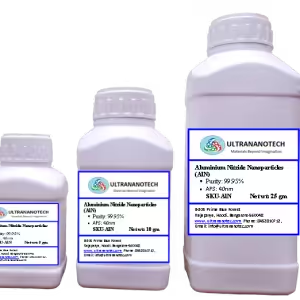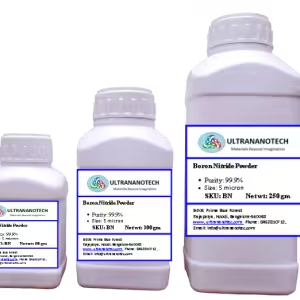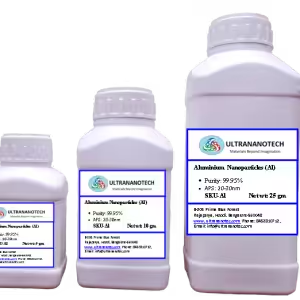Solid Oxide Fuel Cell Components
Call for Price
Solid Oxide Fuel Cells (SOFC) are a type of fuel cell that use a solid oxide material as the electrolyte. SOFCs use a solid oxide electrolyte to conduct negative oxygen ions from the cathode to the anode. The electrochemical oxidation of the oxygen ions with hydrogen or carbon monoxide thus occurs on the anode side.
Solid Oxide Fuel Cells (SOFC) operate at very high temperatures (500 – 1,000°C). At these temperatures, SOFCs do not require costly platinum catalyst, as is currently necessary for lower-temperature fuel cells such as Proton Exchange Membrane Fuel Cells (PEMFC), and are not vulnerable to carbon monoxide catalyst poisoning. However, vulnerability to sulfur poisoning has been widely observed and the sulfur must be removed before entering the cell through the use of adsorbent beds or other means.
Cells
Substrates
Catalyst Powders
Catalyst Inks










